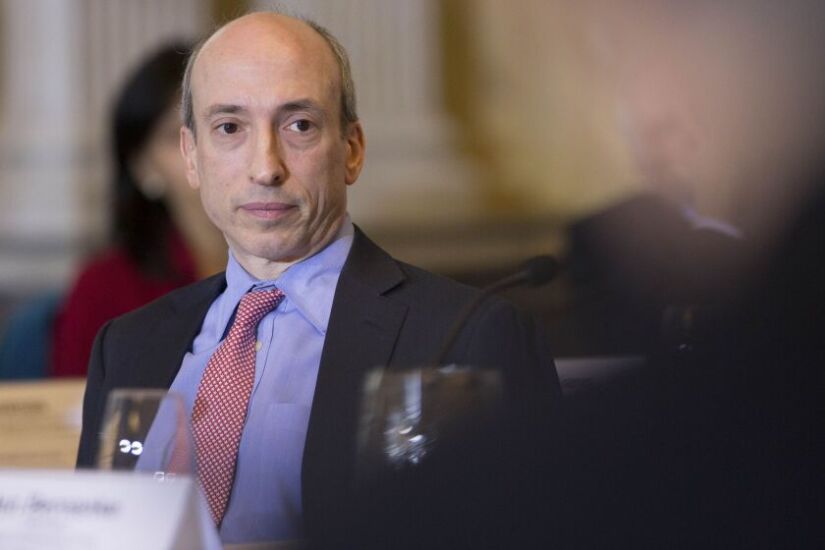Every advisor or broker-dealer knows that feeling of dread that usually precedes a coming regulatory examination.
But when it's Securities and Exchange Commission regulators who are conducting the exams, they at least offer a courtesy familiar to many a college student: They tell you what will be on the test.
The SEC, which oversees more than 15,000 registered investment advisors and 3,500 brokerages, released its list of
"Our examination program continues moving forward and remains committed to furthering investor protection through high-quality examinations and staying abreast of the latest industry trends and emerging risks to investors and the markets," said Richard Best, the director of the SEC's division of examinations, in an official statement.
The SEC's latest fiscal year — from Oct. 1, 2021, to Sept. 30, 2022 — saw regulators conduct examinations at roughly 15% of the more than 15,000 RIAs under their jurisdiction. That figure has been more or less consistent over the years; in the SEC's 2020 fiscal year, it was 16% of the roughly 14,800 RIAs then in existence.
That steady pace of work means a firm's chances of being up for inspection could come every six years or so. Based on the SEC's guidance, here are some compliance developments to think about if regulators may soon be knocking on your door.






